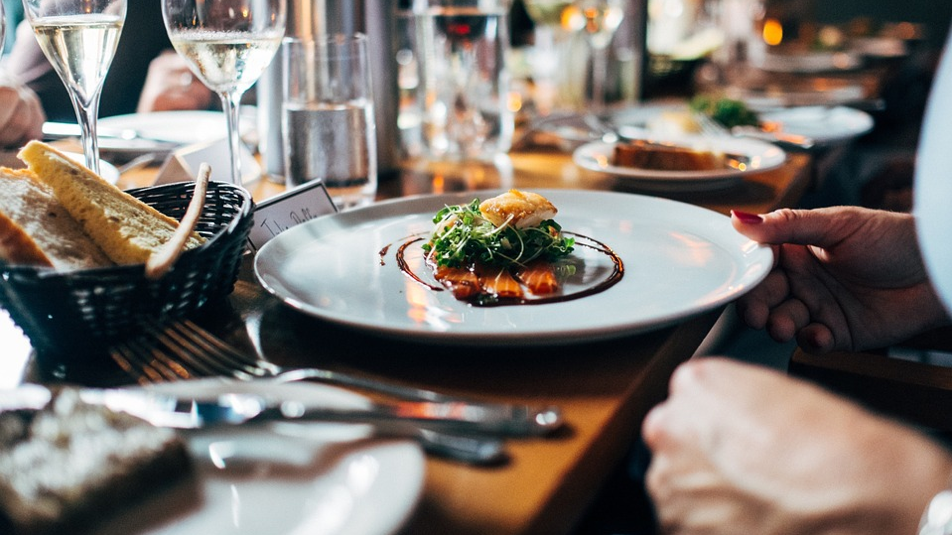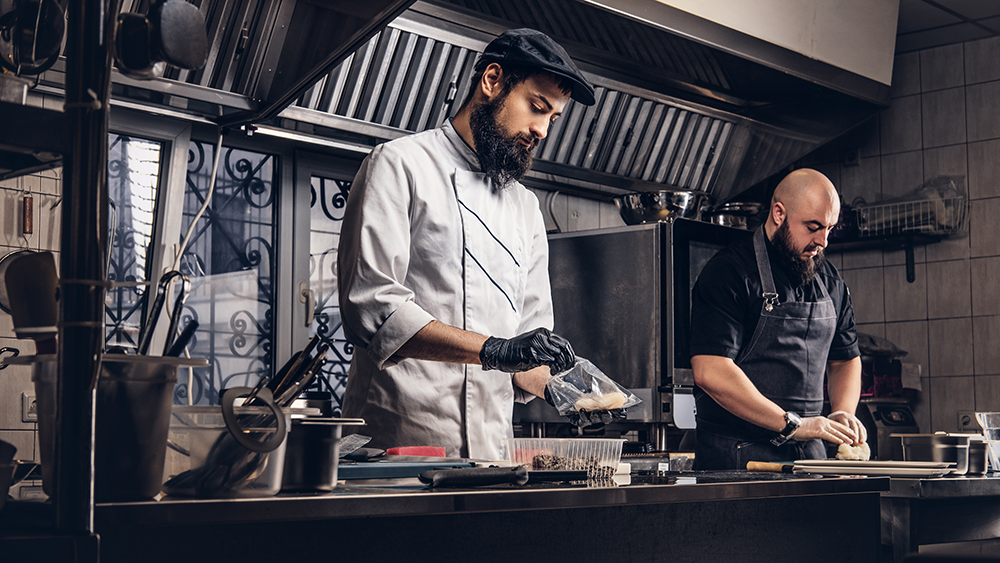
Is your restaurant’s marketing…boring? If your website falls a little flat and your social media is lacking engagement, one simple change could add life, personality, and entertainment into your restaurant’s branding. You just need to tap into your storytelling talents.
As a restaurant owner or manager, storytelling probably isn’t the first thing that comes to mind when you think about your branding — but it should be. Storytelling offers powerful benefits in terms of customer engagement, loyalty, and conversion. But it’s easy to overlook the necessity of incorporating storytelling into your restaurant’s branding. Without great storytelling, though, your restaurant could be missing out on guests and profits.
Why Storytelling Matters

Facts and figures are boring. You risk losing your audience’s attention, especially if they don’t have a personal connection to the information that you’re sharing. Most people don’t really care about how many meals you’ve served or what year your restaurant was founded. They’ve heard it before; it’s time for something new to help your restaurant stand out.
Simply put, storytelling is what makes your audience care about your restaurant. A great story helps your audience find personal and emotional connections to your brand, thus making your brand more personable. Stories affect audiences and are easy to remember, keeping your brand in your customer’s mind. Plus, when a customer sees a great story on social media, they’re more likely to share it, increasing your reach.
One particularly valuable aspect of storytelling is that it’s a powerful tool in using your brand’s voice to build loyalty. When you share stories using a consistent voice, this allows your audience to get to know you and your brand on a more personal level. This loyalty keeps your guests coming back to you again and again because your restaurant is more than just a restaurant; it’s a place they’re emotionally invested in.
Finding Your Restaurant’s Story

Instead of focusing on stats or schedules, give your audience the story behind the recipes and menus. Tell the story of how you and your family worked multiple jobs while living in a one-bedroom apartment in order to make your dream of owning a restaurant come true. Tell your audience about the 20 versions of the recipe you tested on family and friends in order to develop that signature dish your restaurant is known for. And definitely tell the story about the couple who held their wedding reception at your restaurant then returned for their baby shower a year later.
Storytelling doesn’t have to be an overwhelming or difficult concept, but you may feel stuck if you haven’t ever tried to tell your brand’s story. If you’re new to storytelling, start small with your About page. Think about the unique story behind you, your family, and how the restaurant came to be. Then begin building out your blog.
To help you get started, consider looking at what other brands are doing with their storytelling to get some inspiration. Citygate Grille is a great example of storytelling done well. Their Weddings page creates a descriptive atmosphere that any bride and groom could see themselves in. Even if you’ve never been to the restaurant before, you can easily visualize the atmosphere and see the wedding reception they describe. The page gives you the details you need to know about venue capacity, available amenities, and more, but it’s far from the dry, formal approach that many other restaurants take. This website is enticing and engaging — and it immediately pulls you in.
Don’t copy the storytelling that you see from other businesses, since your story is most effective when it’s your own. Instead, experiment with different ways of telling your story and use different tones to figure out what works for your brand.
You can even hire a copywriter or digital marketer to help polish your story until it’s just right.
Putting Storytelling to Work for Your Restaurant

Storytelling is a valuable tool for your marketing because it’s always evolving. When you think about it, there are countless stories you can tell, from why your staff is amazing to the inspiration behind your newest dish. Stories don’t have to be long, either — short, sweet, and to the point works well for social media.
You can share your stories across your social media pages, on your website, in your blog, and even in local community publications. When you start establishing your brand across multiple platforms, make sure that all of the stories stay true to your brand. They should all fit together to tell a universal story about why your restaurant is unique. You can also explore using influencer marketing to further spread brand awareness.
When marketing your restaurant, you can leverage stories in many different ways. A great story can paint a picture for potential guests who have never been to your restaurant before. Telling a moving story about how you created the restaurant can appeal to a reader’s desire to help small businesses and families. You can use stories to create all sorts of effects on and responses from your audience; how will you use them to brand and market your restaurant?






